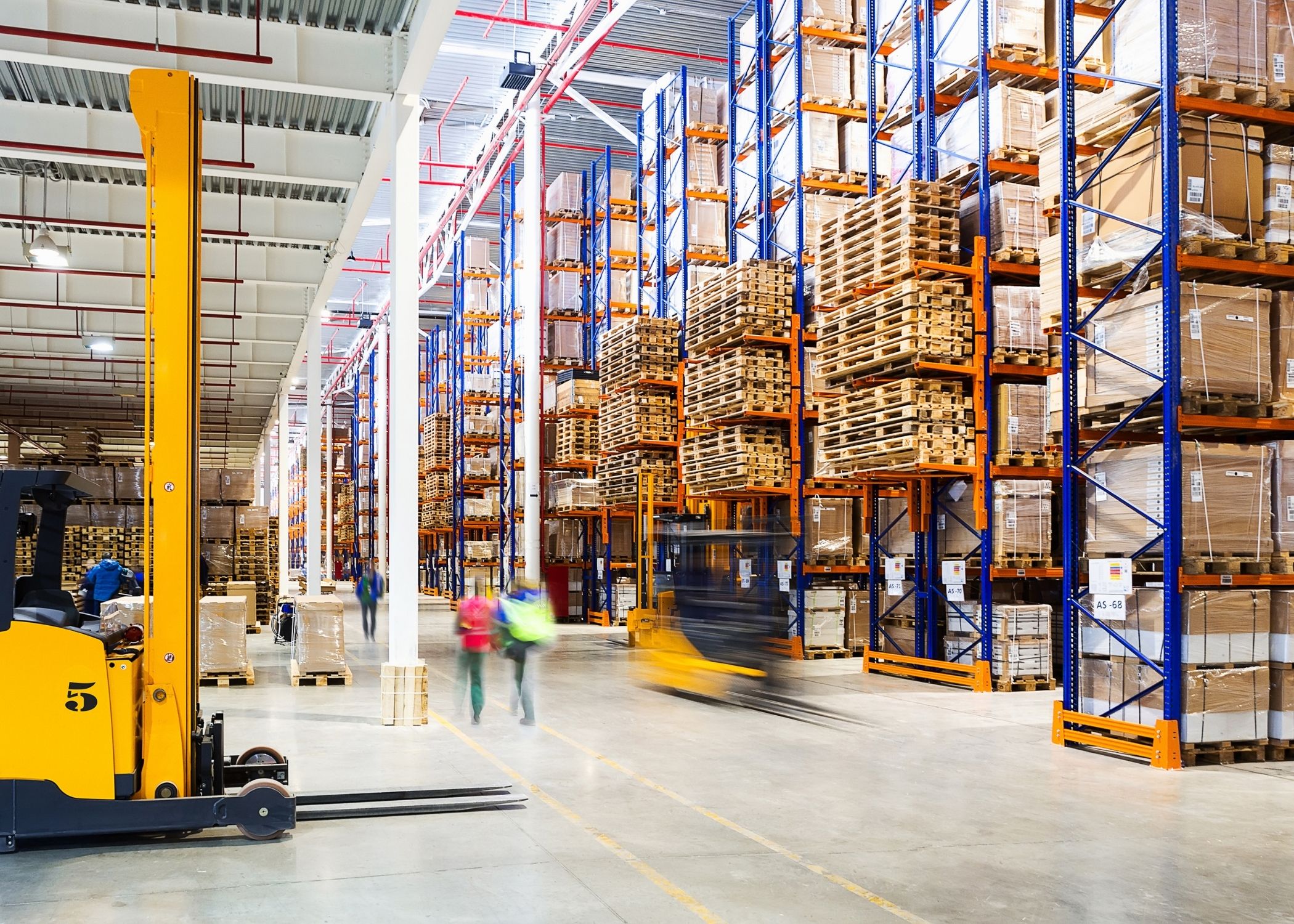Warehouses are important parts of supply chains because they’re the stopping points between manufactured goods and retailers or distributors. Warehouse employees sort goods based on their drop-off locations and put them into their respective shipping vessels. Still, if your warehouse lags in its productivity, it may be time for a change. Here are some simple ways to improve warehouse efficiency to avoid possible setbacks.
Communicate
The easiest way for any warehouse supervisor to improve daily activity is to communicate to their teams. Proper, clear communication is important in any business work, including warehousing. As part of the supply chain, warehouses see much activity in storing and processing goods before shipping them to other parts of the country. Facility managers can reduce human errors, such as data and handling accidents, through clear communication with teams on responsibilities, education, and training.
Use Safety Equipment
Safety equipment is also one of the most important facets of warehouse efficiency. This isn’t limited to personal protective equipment (PPE) either, though it’s necessary. Personal protective equipment includes closed-toed shoes, long pants and shirts, eye protection, and ear protection. Naturally, warehouses must avoid any OSHA-related violations with PPE that may impede daily operations. Other safety equipment pertains to the quality of goods shipped in and out of the facility. For example, dunnage protects loads from rough handling so that the items inside storage containers remain safe and secure. HDPE plastic is one of the best materials for dunnage, as it withstands heavy use for all types of cargo.
Check Machinery
Preventative maintenance is also one of the simplest ways to improve warehouse efficiency. Preventative maintenance ensures no future issues occur with machinery. Basically, you should have routine checks for your machinery and operators so that every tool, machine, or piece of equipment performs up to standards. Preventative maintenance is a great way to save your warehouse time, money, and lives, as it greatly reduces overhead expenses and potential accidents with operators.








Leave a Reply